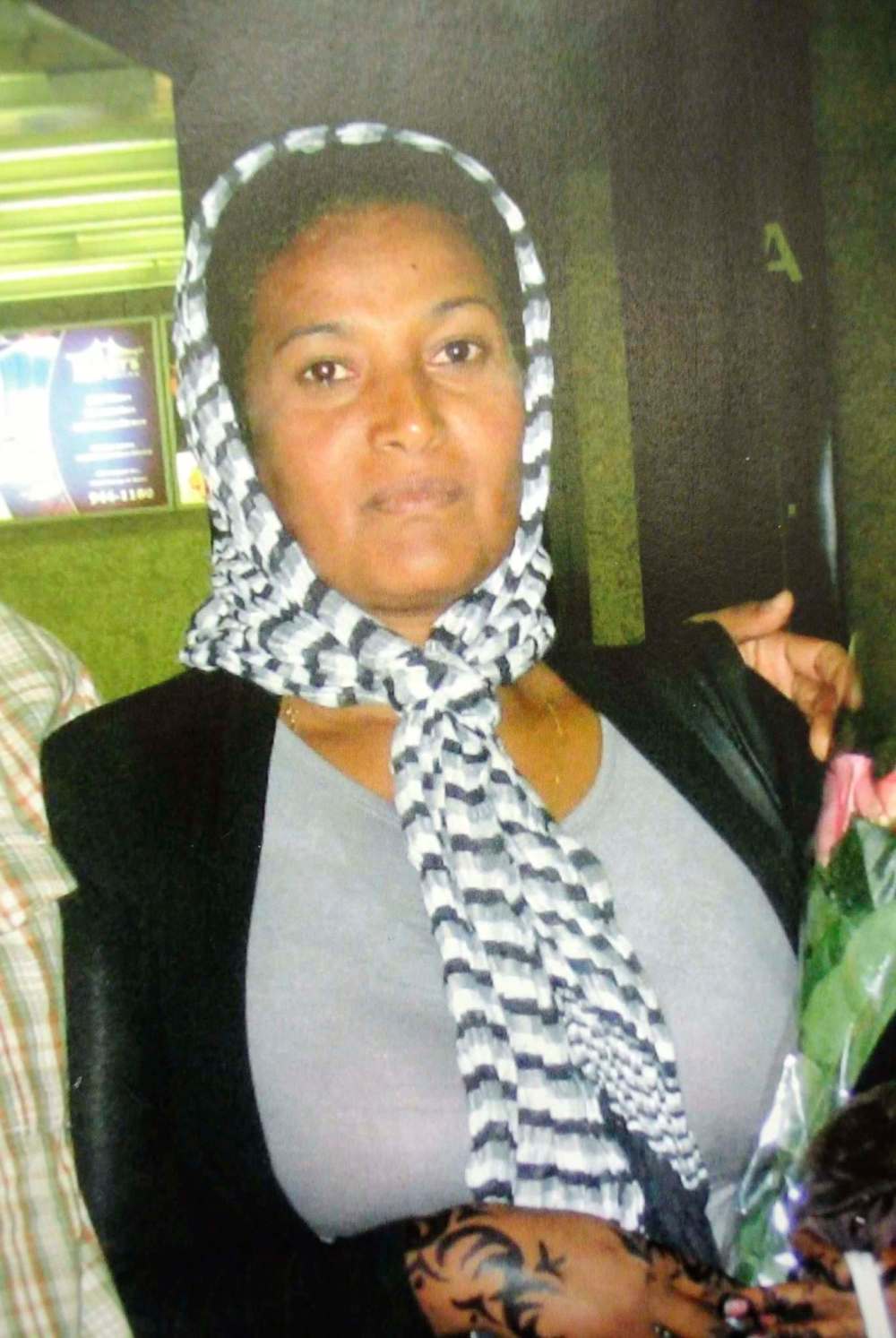Doctors disagree on accused killer’s mental state
Advertisement
Read this article for free:
or
Already have an account? Log in here »
To continue reading, please subscribe:
Monthly Digital Subscription
$0 for the first 4 weeks*
- Enjoy unlimited reading on winnipegfreepress.com
- Read the E-Edition, our digital replica newspaper
- Access News Break, our award-winning app
- Play interactive puzzles
*No charge for 4 weeks then price increases to the regular rate of $19.00 plus GST every four weeks. Offer available to new and qualified returning subscribers only. Cancel any time.
Monthly Digital Subscription
$4.75/week*
- Enjoy unlimited reading on winnipegfreepress.com
- Read the E-Edition, our digital replica newspaper
- Access News Break, our award-winning app
- Play interactive puzzles
*Billed as $19 plus GST every four weeks. Cancel any time.
To continue reading, please subscribe:
Add Free Press access to your Brandon Sun subscription for only an additional
$1 for the first 4 weeks*
*Your next subscription payment will increase by $1.00 and you will be charged $16.99 plus GST for four weeks. After four weeks, your payment will increase to $23.99 plus GST every four weeks.
Read unlimited articles for free today:
or
Already have an account? Log in here »
Hey there, time traveller!
This article was published 29/05/2017 (3082 days ago), so information in it may no longer be current.
Crown attorneys prosecuting the second-degree murder case against a Winnipeg man accused of killing his wife more than five years ago are rebutting suggestions he should not be found criminally responsible for her death.
Teklu Mebrahtu’s trial continues this week after a month-long hiatus as the Crown calls more evidence aiming to bolster its case against Mebrahtu, who told 911 operators he killed his wife less than six months after the Eritrean couple settled in Winnipeg.
Alche Kidane, 34, was found dead in the bathtub of the couple’s Assiniboine Avenue apartment suite in January 2012.

A forensic psychiatrist who assessed Teklu Mebrahtu testified Monday he does not believe the accused has a mental disorder and that he may be “malingering,” or faking his symptoms, contrary to the defence’s argument Mebrahtu should be found not criminally responsible because of a schizophrenia diagnosis.
Dr. Jeffrey Waldman, who contributed to a November 2014 assessment of Mebrahtu that found him fit to stand trial, testified Monday he believes the “inconsistent” symptoms Mebrahtu displayed are “not consistent with mental illness. It is most consistent with malingering.”
Two other psychiatrists have diagnosed Mebrahtu with schizophrenia, but Waldman disagreed. He said he believed Mebrahtu’s symptoms were inconsistent and disconnected to each other. For example, Waldman said Mebrahtu reported having paranoid thoughts and believed someone was following him before his wife’s death but afterwards didn’t report any of the same feelings and had a “prolonged period” of being well while off his anti-psychotic medication.
Waldman testified schizophrenia is a psychotic mental disorder that worsens without treatment and doesn’t “go away” on its own. People with schizophrenia tend to develop a delusional belief system in response to hallucinations, he said, and that belief system remains consistent. But he said that wasn’t the case with Mebrahtu.
“Mr. Mebrahtu’s symptoms seemed to change with every interview,” with different psychiatrists, Waldman said.
To inform his assessment of the accused, Waldman listened to the recording of Mebrahtu’s 911 call — during which he told the dispatcher he killed his wife — and watched the police interview with an interpreter who translated what Mebrahtu said when police weren’t in the room. Waldman said he found nothing in the 911 call or the police interview to suggest Mebrahtu had been suffering from hallucinations, delusions or any psychosis.
“He knew very well that he had killed his wife with a knife and that she was dead because of what he had done,” Waldman said, saying Mebrahtu never discussed his motivation for the killing.
A psychiatrist who treated Mebrahtu for five years previously testified he didn’t believe the accused was faking his symptoms.
“At no point did I think they were inauthentic,” Dr. Daniel Globerman testified in late March.
Mebrahtu reported hearing voices and having delusions and would sometimes randomly shout or go mute. He spent four months in the psychiatric ward at Health Sciences Centre while in custody and received electric-shock treatment to bring him out of a reported catatonic state.
The Crown’s rebuttal evidence is set to continue today, and closing arguments in the trial will be set for a later date before Court of Queen’s Bench Justice Shawn Greenberg.
katie.may@freepress.mb.ca Twitter: @thatkatiemay

Katie May is a multimedia producer for the Free Press.
Our newsroom depends on a growing audience of readers to power our journalism. If you are not a paid reader, please consider becoming a subscriber.
Our newsroom depends on its audience of readers to power our journalism. Thank you for your support.

